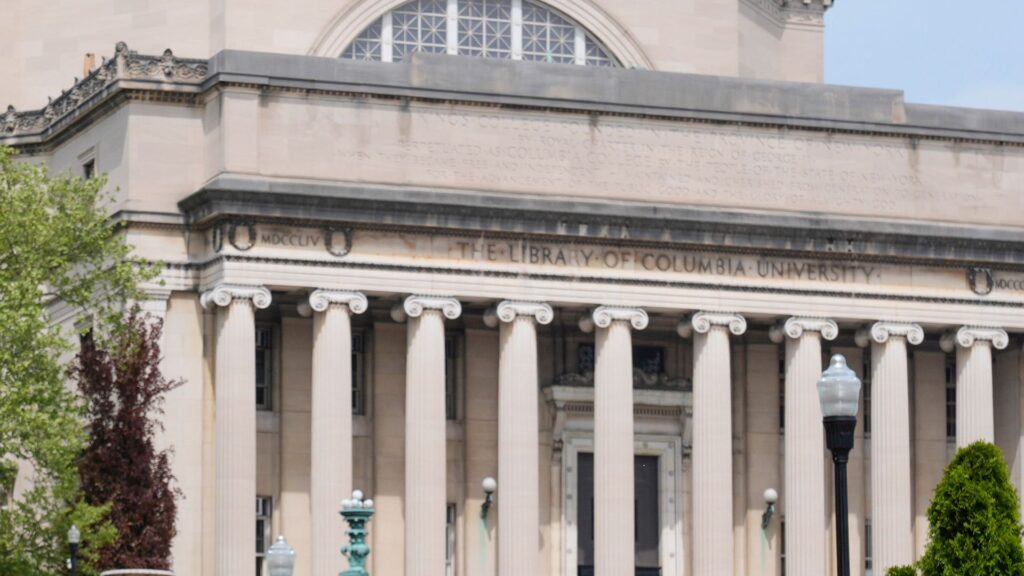U.S. Immigration and Customs Enforcement under the Trump administration allegedly misused legal procedures to target two Columbia University students for deportation, The Intercept reported. A high-ranking ICE agent provided an affidavit to a federal judge to obtain a search warrant for the students’ dorm rooms.
Attorneys told The Intercept that the ICE affidavit misstated facts in the case and federal law. The previously sealed affidavit was made public in federal court on Tuesday as part of an ongoing lawsuit by Yunseo Chung, a Columbia University student and lawful green card holder.
The Trump administration is attempting to revoke Chung’s legal status after she protested the Israel-Hamas war in Gaza on Columbia’s campus.
Rubio invokes foreign policy provision
Secretary of State Marco Rubio invoked a federal provision that allows the government to declare a foreign national’s presence a threat to U.S. foreign policy. Rubio claimed Chung’s presence in the United States could harm U.S. foreign relations, specifically citing her critical stance on Israel.
When federal immigration authorities sought to detain Chung and other foreign students at Columbia, ICE argued the university was “harboring” the students and suggested potential criminal activity. The signed affidavit ICE used to gain access to Chung’s dorm at Columbia was later found to contain significant factual and legal errors, according to The Intercept. Despite the inaccuracies, a judge approved the search.
To legally accuse the university of harboring, ICE would typically need to show either that the person was definitively in the U.S. illegally or that the university took active steps to hide or protect them from immigration enforcement. The affidavit did not provide actual proof that Columbia was hiding the students.
ICE and Columbia did not reply to a request for comment by The Intercept.
Columbia policy requires search warrant
Columbia University’s policy states that federal immigration agents can only search non-public university buildings, including student dormitories, if they have a search warrant signed by a judge.
“Secretly and unconstitutionally, the government supposedly revoked Yunseo’s green card and then told a judge it needed to search her apartment for ‘fruits and instrumentalities’ of Columbia University’s alleged ‘harboring’ of her,” Joshua Colangelo-Bryan, Chung’s attorney, told The Intercept. “In other words, the government wanted a judicial fig leaf to enter Yunseo’s apartment and unconstitutionally arrest her.”
Chung protected by injunction, court case continues
ICE agents have not detained Chung. In March, a federal judge issued a temporary injunction prohibiting the Trump administration from arresting her.
Her case is ongoing in court, with the next hearing scheduled for May 29.
contributed to this report.


